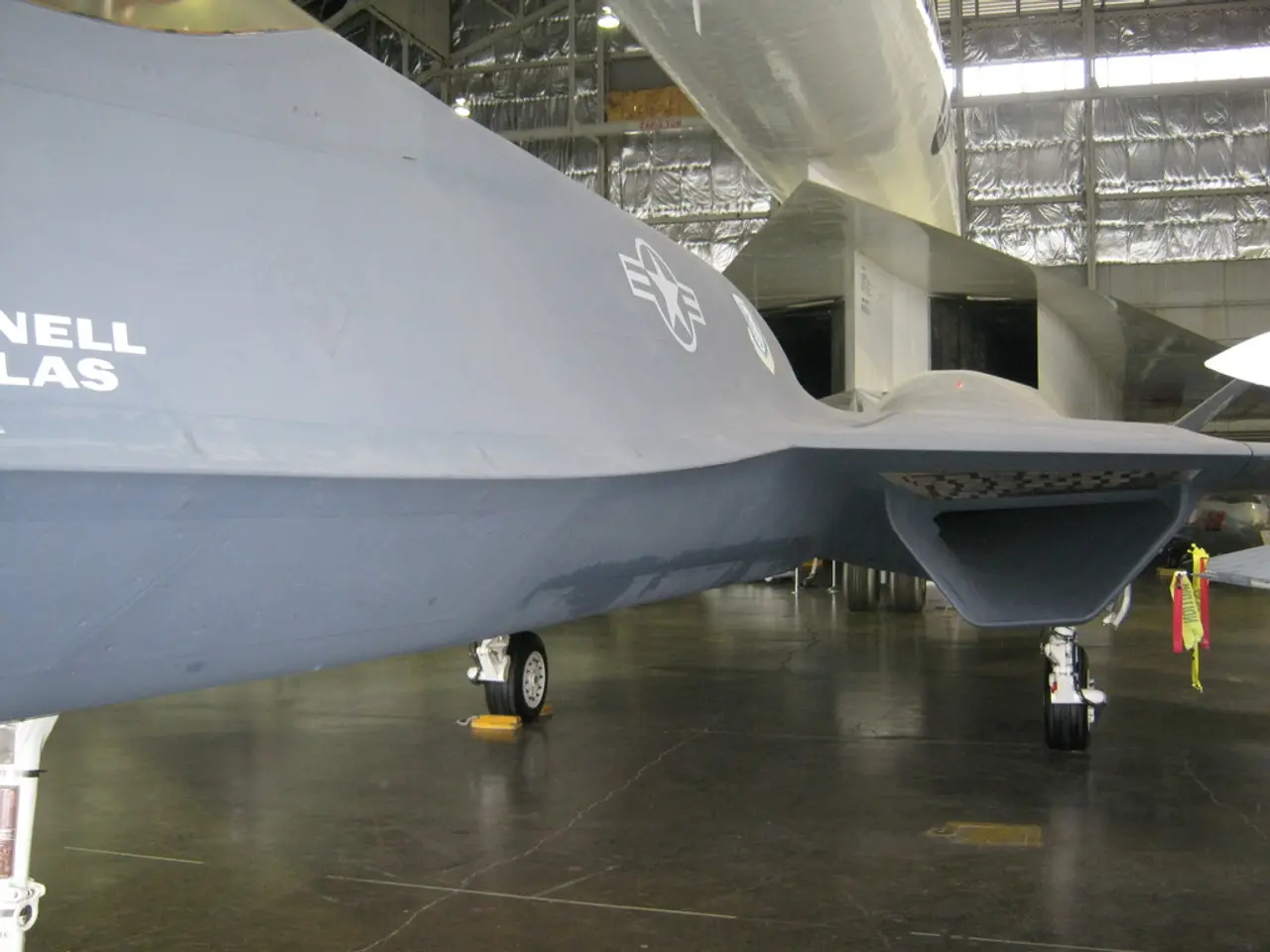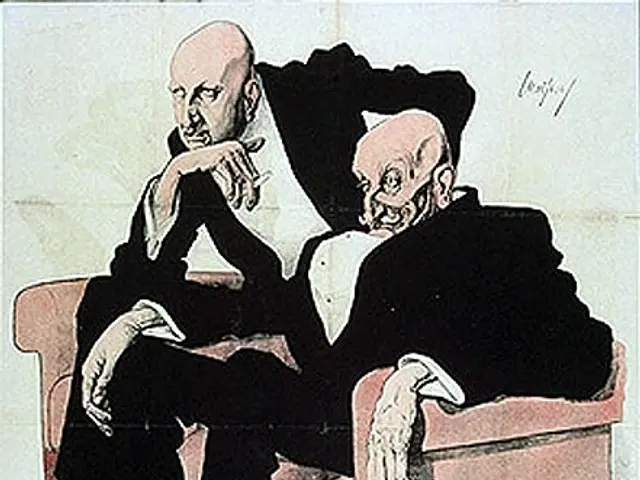Dispute over French air traffic strikes escalates as Ryanair and easyJet advocate for European Union intervention
In recent days, France has been at the centre of a major disruption in European aviation, as air traffic control (ATC) strikes continue over long-standing grievances related to pay, staffing shortages, and working conditions. Two major unions, UNSA-ICNA and USAC-CGT, are representing the striking controllers, who are demanding better pay, increased staffing levels, and improved management practices.
The impact of these strikes has been severe and widespread. Over the two strike days in July 2025, more than 1 million passengers were affected, with around 200,000 passengers unable to fly due to cancellations. Approximately 3,713 flights were delayed each strike day, representing 10.7% of all flights, and 1,422 flights were cancelled daily, about 4.7% of scheduled flights.
Arrival punctuality in France plummeted from 73% to 50%, with knock-on effects in neighbouring countries such as Spain, the UK, and Italy. Average flight arrival delays increased to 24 minutes, 10 minutes longer than normal, with some delayed flights waiting more than 2 hours. The strikes caused approximately 354,000 minutes of direct Air Traffic Flow Management (ATFM) delays and pushed the average ATFM delay per delayed flight to 41 minutes.
Environmental impacts included an additional estimated 18,000 tons of fuel burnt and over 60,000 tons of excess CO2 emissions. Financial costs to the European aviation industry reached around €120 million over the two strike days, split between delays (€47M) and cancellations (€73M).
Airlines like easyJet and Ryanair have criticized the strikes for causing "unacceptable challenges" and significant unexpected costs, leading to calls for EU action. EasyJet's chief executive, Kenton Jarvis, stated that the carrier was "extremely unhappy" about the withdrawal of labor, while Ryanair's boss, Michael O'Leary, has dubbed the strikes as "unjustified" and "recreational."
The strikes have disrupted journeys for over a million passengers and caused financial losses for airlines and airports. EasyJet alone was forced to cancel 660 flights due to the walkout, resulting in losses of €17.3 million. Brussels Airport, Brussels Airlines, and TUI have also made statements highlighting the personal, financial, and reputational impact of ongoing strike action.
As the strikes continue, calls for resolution are growing louder. Jarvis has called on the French government to resolve the dispute over working conditions, while O'Leary has gone so far as to call for EU head Ursula von der Leyen to resign and for lawmakers to prevent such strikes from having a widespread impact.
References:
[1] BBC News. (2025, July 5). France air traffic control strikes: What we know. Retrieved from https://www.bbc.co.uk/news/world-europe-57802309
[2] Aviation Week. (2025, July 6). French ATC Strikes Cause Chaos Across Europe. Retrieved from https://www.aviationweek.com/commercial-aviation/french-atc-strikes-cause-chaos-across-europe
[3] Reuters. (2025, July 7). France air traffic strikes hit EasyJet, Ryanair, Brussels Airlines, TUI. Retrieved from https://www.reuters.com/business/aerospace-and-defence/france-air-traffic-strikes-hit-easyjet-ryanair-brussels-airlines-tui-2025-07-07/
- The holiday season of 2025 saw unprecedented disruptions in Europe's air transportation industry, with flights, holidays, and vacation plans being significantly affected due to Air Traffic Control (ATC) strikes in France.
- The general-news outlets reported that two major unions, UNSA-ICNA and USAC-CGT, led the ATC workers in demanding better pay, increased staffing levels, and improved management practices, causing a major uproar in the business and politics domain.
- The strikers' demands resulted in severe flight delays and cancellations, affecting over a million holidaymakers, with airlines like easyJet, Ryanair, Brussels Airlines, and TUI suffering substantial financial losses as a result.
- In an attempt to alleviate the impact on the industry and its workers, French finance ministers called for negotiations with the striking unions to address the long-standing grievances and restore order in the aerospace sector.
- Despite these calls, the strikes continued, igniting heated debates in the industry about the importance of maintaining the integrity of the air transportation system and the role of politics in such labor disputes.
- As the strikes dragged on, European aviation leaders called for strong political action to prevent future disruptions, emphasizing the need for the politics and finance sectors to work together to find lasting solutions in favor of the holidaymakers, airlines, and the air transportation industry at large.








